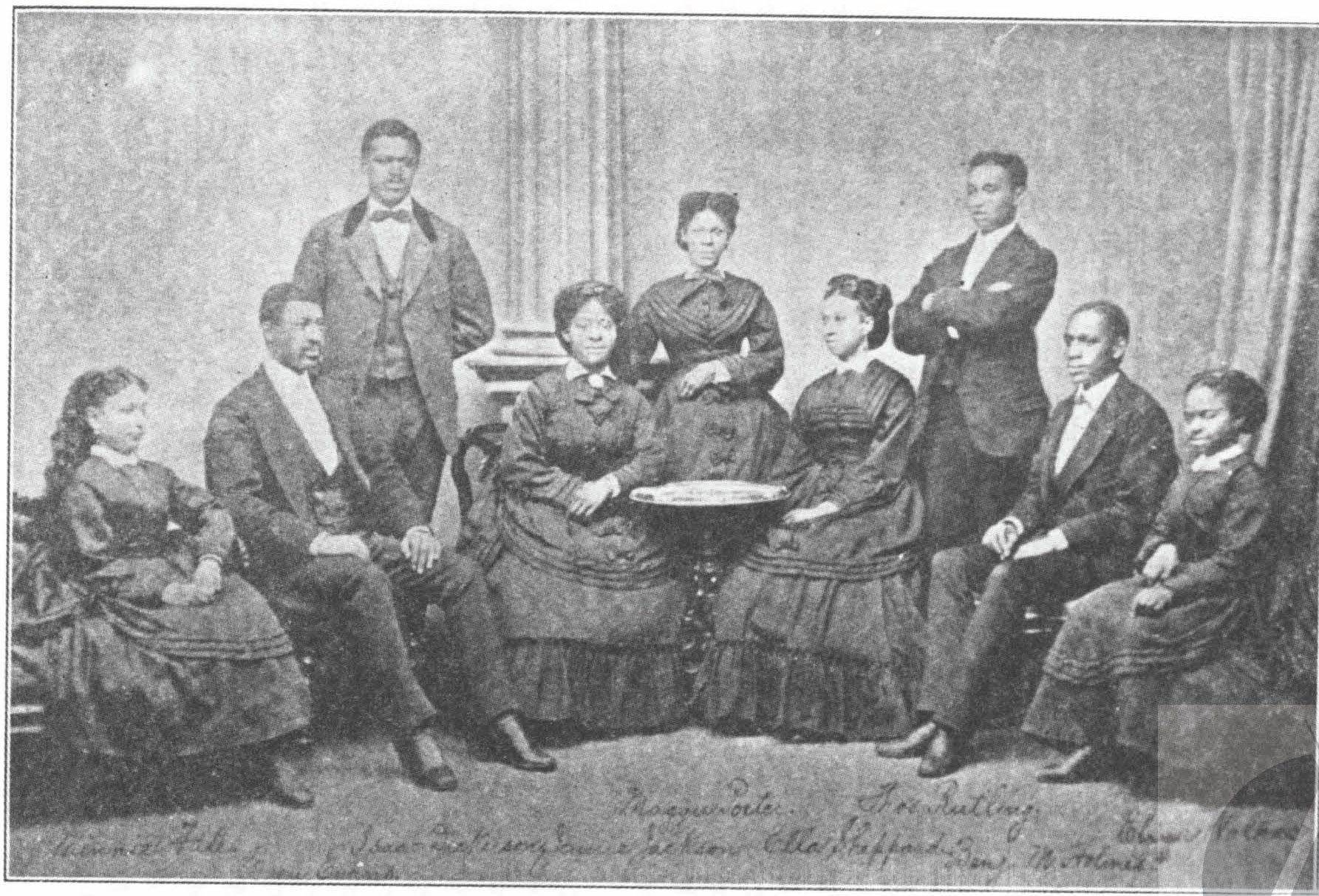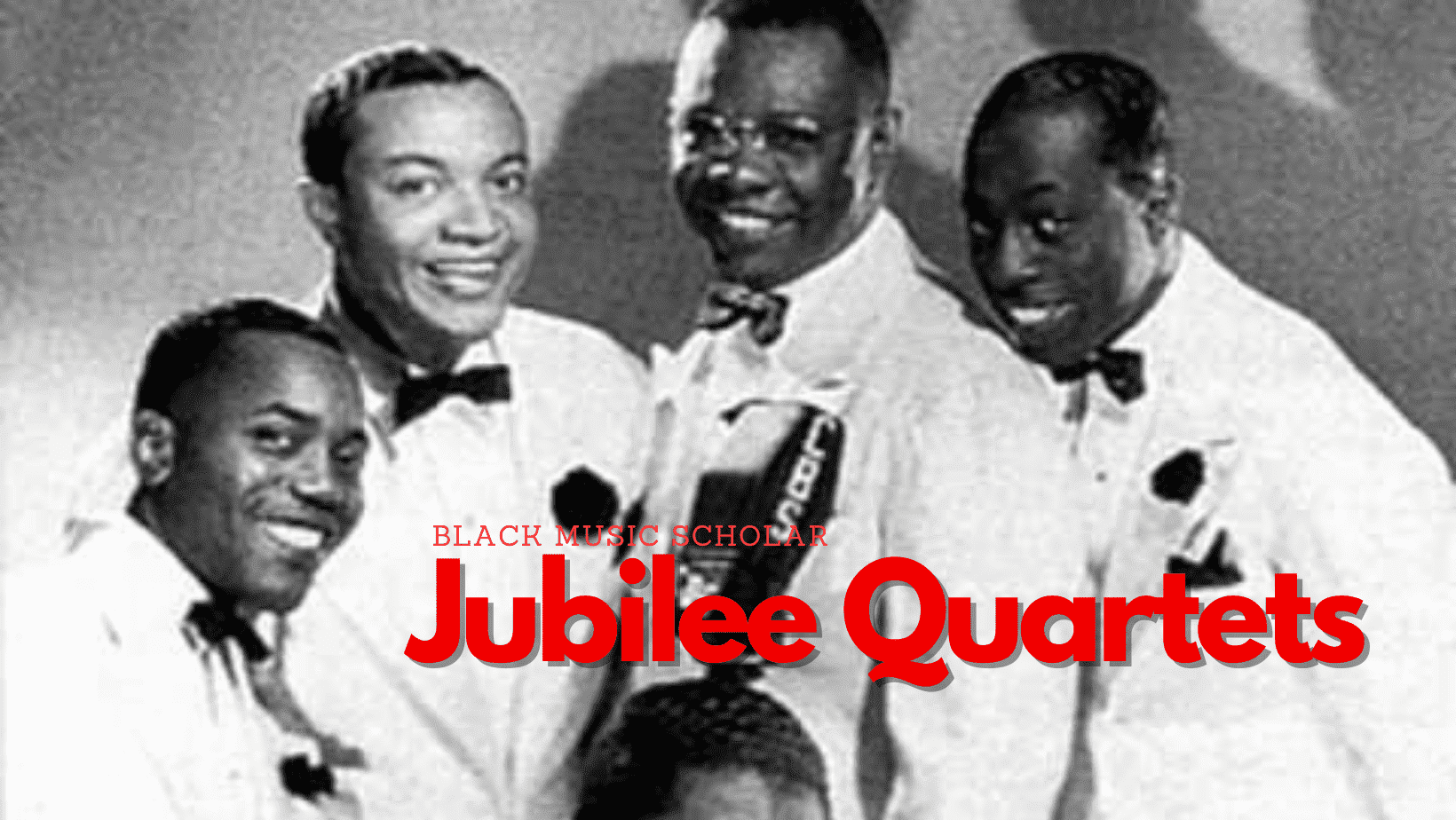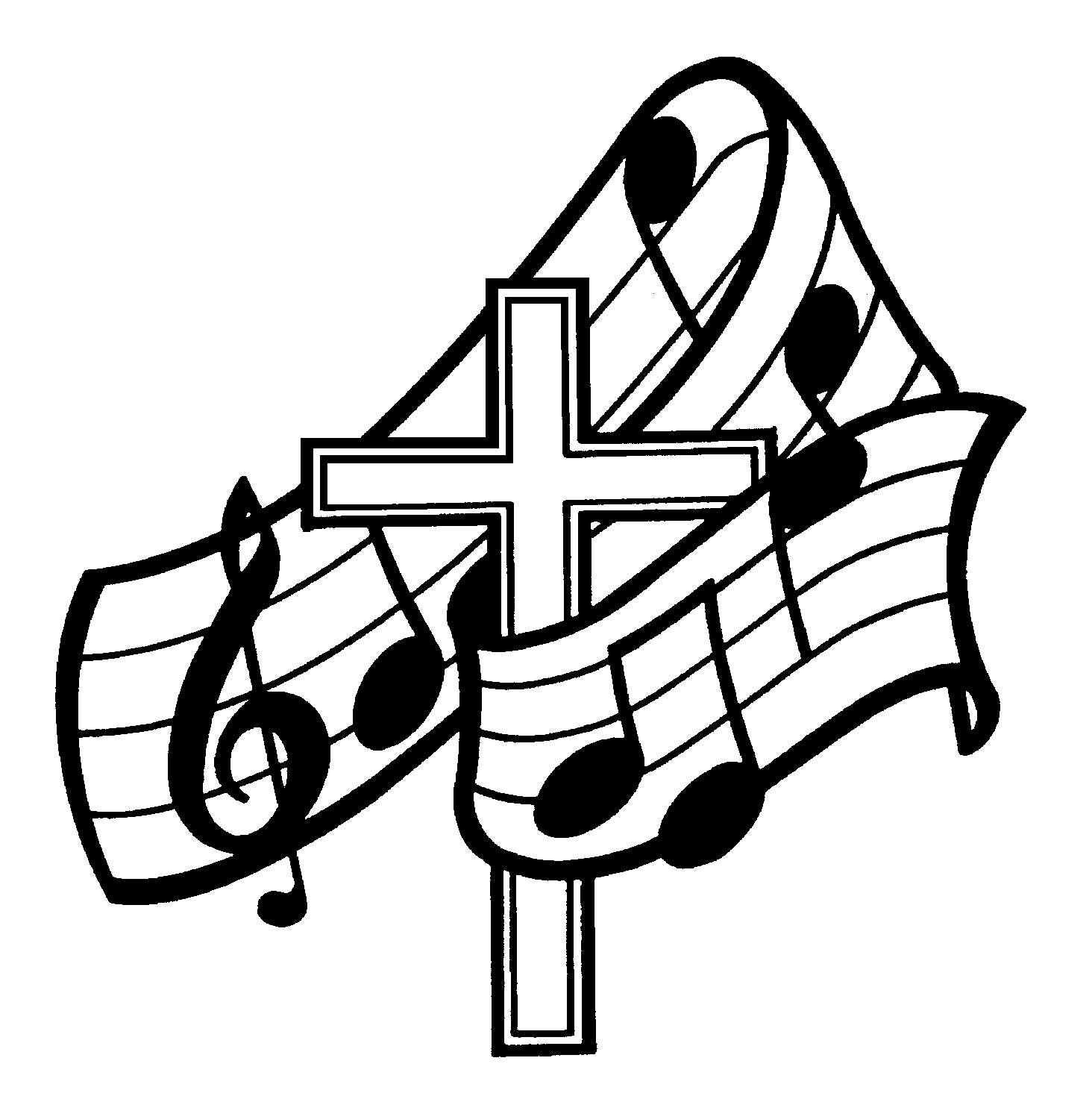
Jubilee Quarters and the Transition of Gospel-Kali Harris
The Jubilee Quartets were African-American vocal groups that first appeared in the mid-1800s, singing spirituals and harmonies without the use of an instrument. They were
The jubilee period occurred from the late nineteenth and early twentieth century as a way for Black colleges to gain support for their financial hardships. Fisk University, also known as the Fisk Jubilee Singers, was the first university to establish a tour to provide a financial cushion. Because of this, the establishment of other university quartets helped to reinforce the popularity of quartets. The quartets consisted of male and female a capella ensemble of four to six voices that perform formal arrangements in close four-part harmony, with rhythmic style of singing. African-American quartets quickly caught attention, due to their musical styles; which incorporated blue notes, hocket, and melisma. Minstrel jubilee, community-based quartets, sacred harp, and gospel quartets are the different forms of quartets and they all expressed various styles of singing.
As time progressed, the commodification of quartets led to radio broadcasting, touring, and a crossover phenomena. In the twentieth century, the quartet evolved into a sub-genre of gospel music and assisted with the evolution of secular and sacred music.
Quartet competitions also known as song battles originated in the 1940s. These contests functioned to promote and maintain high standards of quartet musical performance, to define and validate black cultural aesthetics and values, and finally to provide a forum for sharing collective expressive behavior in the community. They were held in Churches, high schools, universities, and other community gathering center. The contestants were awarded audience admiration or trophies while larger contests were publicized and sponsored by individuals who sought profit. Groups that were involved in these competitions were The Fairfield Four, The Dixie Hummingbirds, Flying Clouds of Detroit, and Golden Gate Quartet.
Sam Cooke, Dinwiddie Colored Quartet, Dixie Hummingbirds, Willie Dixon, Fairfield Four, Five Blind Boys, Georgia Minstrels, Golden Gate Quartet, Pilgrim Travelers, Soul Stirrers, Wheat Street Female Quartet, and Zion Harmonizers

The Jubilee Quartets were African-American vocal groups that first appeared in the mid-1800s, singing spirituals and harmonies without the use of an instrument. They were

Within this period, Jubilee quartets came about within the Jubilee, Transitional, and Gospel periods. Jubilee quartet is a musical genre that began in the mid-1800s


In the 1870s, Jubilee Quartet came about. This lead to gospel quartet and later contemporary gospel. But how? One early and notable jubilee quartet was

Jubilee quartets were groups of four vocalists who sang spiritual hymns and harmonies without the accompaniment of instruments. This genre of African American music first

The Jubilee Quartet is a significant genre in the history of African American gospel music. It Emerged during the late 19th century and increased popularity through the
Written by Kori Barnes, Kaila Crosse, and Naomi Gross
Page designed by Kaila Crosse

Login to your account